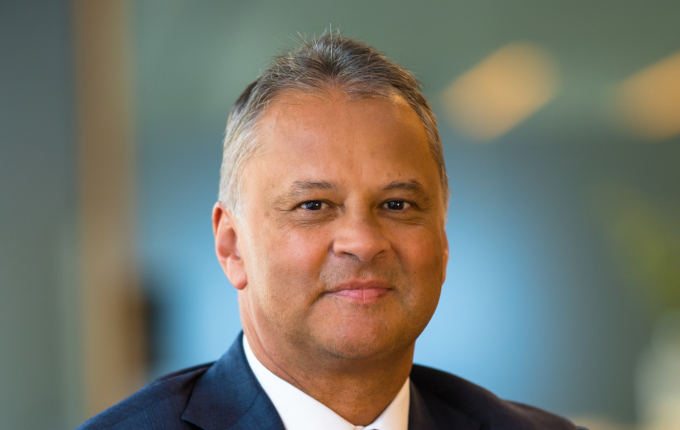The top holdings of UniSuper include some of the largest technology companies in the world and CIO John Pearce believes we are only just at the beginning of the technological revolution
Register to Access this Exclusive [i3] Insights Article
Create a free account to access exclusive interviews with asset owners, revealing insights on investment strategies, market trends, and portfolio allocations.
If you already have an account you can Login .
If you have any issues registering an account please send us an email at [email protected].

